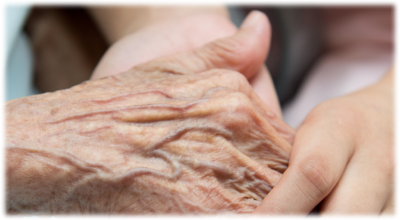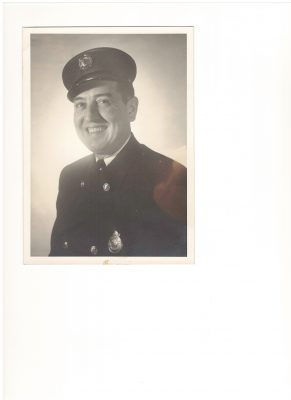Is it Delirium or Dementia - Learn the Differences
Delirium is an acute disorder of attention and global cognition, including perception and memory, and is treatable. Learning the differences between delirium and dementia is important for professional and family caregivers, as the diagnosis is missed in more than 50% of the cases.







